Should you follow interior design trends? Do they create a stylish home or one that will date fast?
We asked interior designers for their honest take on trends. Should we actually be following them? And how can we bring trends into our homes in a way that feels timeless?

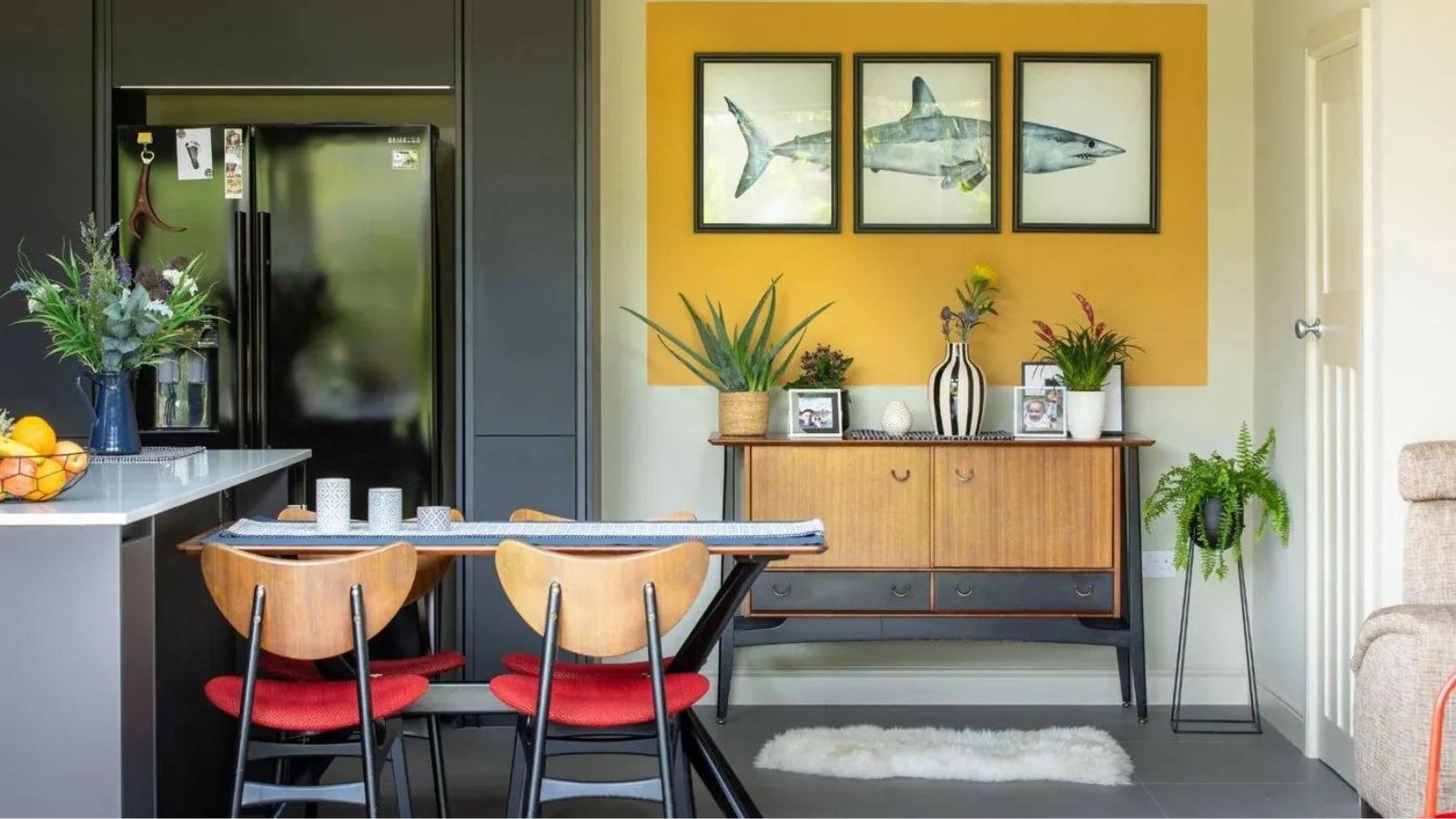
Design expertise in your inbox – from inspiring decorating ideas and beautiful celebrity homes to practical gardening advice and shopping round-ups.
You are now subscribed
Your newsletter sign-up was successful
Want to add more newsletters?

Twice a week
Homes&Gardens
The ultimate interior design resource from the world's leading experts - discover inspiring decorating ideas, color scheming know-how, garden inspiration and shopping expertise.

Once a week
In The Loop from Next In Design
Members of the Next in Design Circle will receive In the Loop, our weekly email filled with trade news, names to know and spotlight moments. Together we’re building a brighter design future.

Twice a week
Cucina
Whether you’re passionate about hosting exquisite dinners, experimenting with culinary trends, or perfecting your kitchen's design with timeless elegance and innovative functionality, this newsletter is here to inspire
I write about, or at least hear about, interior design trends every single day. There are new ones every week, some come and go in days and some stick around to become classic. Traditionally, we set a lot of store by trends, and of course, we want to follow them in order for our homes to feel current. But if the trends of 2024 have taught us anything so far it's that it's always on trend to not follow trends.
Anti-trend styles and transitional spaces have dominated this year, and while there has been the odd micro-trend, all the 'core' trends and various short-lived grandparent aesthetics are few and far between in comparison to 2023.
So should we be following interior design trends in 2024? And more importantly, how can we follow trends in a way that doesn't just create homes that feel dated in a few months time? We asked those who set many of these trends, interior designer, for their thoughts.
Should you follow interior design trends?
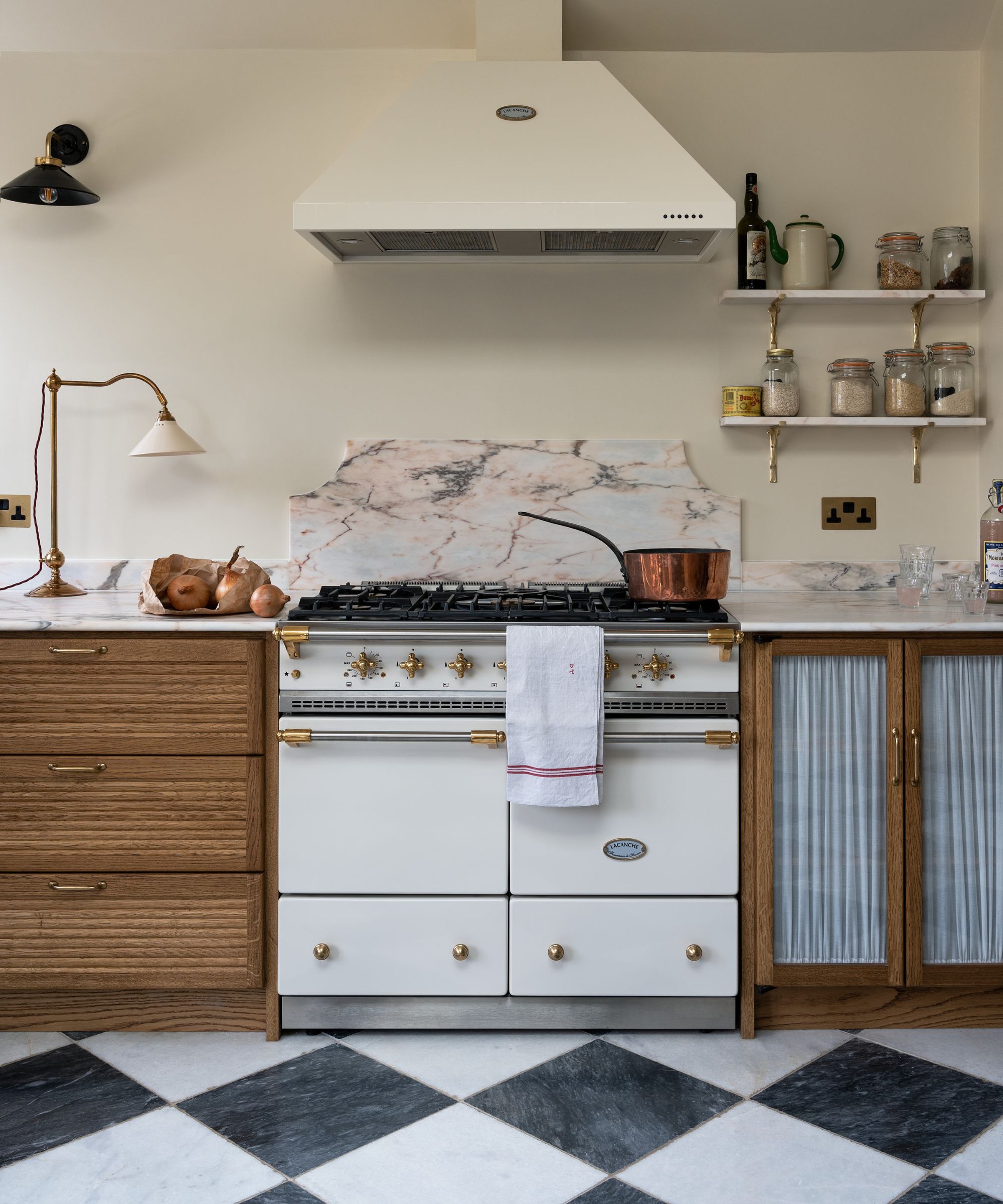
This question should come with a preface. A lot of interior designers I spoke with on the topic of following interior design trends started off with a no. But there's more to it than that, and there's a place for fleeting design trends, the important thing is to only embrace the ones you love and work with your home.
As designer Catherine Ebert perfectly explains, 'As with most things, trends are ok in moderation and only if they feel right for you. Successful interiors are those with an interesting mix of pieces so if a new trend comes along find a way to weave it together with your other furnishings so it can be part of the larger whole.'
'For example, there are lots of organic shapes featured right now, which I love! But if you already have tailored geometric furnishings, you don't need to throw everything away! Add some organic lamps or a single curvaceous chair as a feature and the combination will be more interesting than if you did all of one or the other. My own living room has a Noguchi freeform sofa paired with a classic square arm sofa but they are united in a similar color palette and the tension between those forms is precisely what makes the room interesting.'
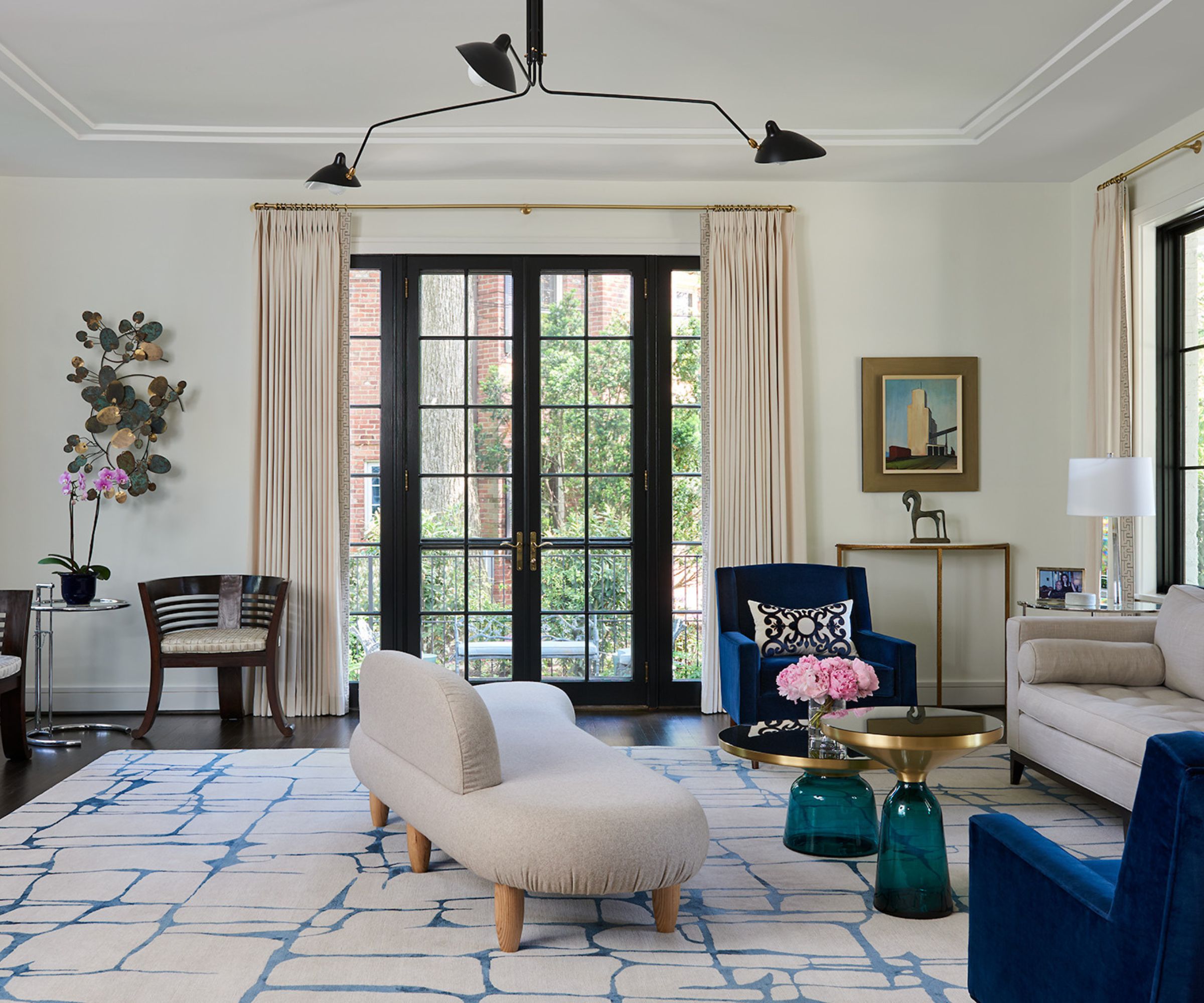
Designer Kati Curtis takes the same approach, she explains, 'I try to never follow design trends – choosing instead to create spaces that reflect a mix of styles and a truly unique aesthetic. By focusing on collected and curated looks, I aim to craft environments that feel timeless and personal. Every piece I select, from furniture to accessories, is thoughtfully chosen to contribute to an overall sense of character and history, always being sensitive to the architecture and style of the home. This approach avoids the ephemeral nature of trends and embraces a design philosophy that stands the test of time, creating a home that feels both lived-in and loved.'
Design expertise in your inbox – from inspiring decorating ideas and beautiful celebrity homes to practical gardening advice and shopping round-ups.
'While I strive to avoid being driven by fleeting trends, it's impossible not to be influenced by the incredible array of ideas I encounter at the many design and art shows I attend. These events expose me to a vast spectrum of furniture, materials, and finishes that continuously enrich my creative palette. However, rather than simply adopting these trends, I try to interpret and integrate them in a way that aligns with my vision of timeless and curated spaces. This allows me to infuse my designs with fresh, contemporary elements while maintaining a cohesive and what I hope is an enduring aesthetic,' she adds.
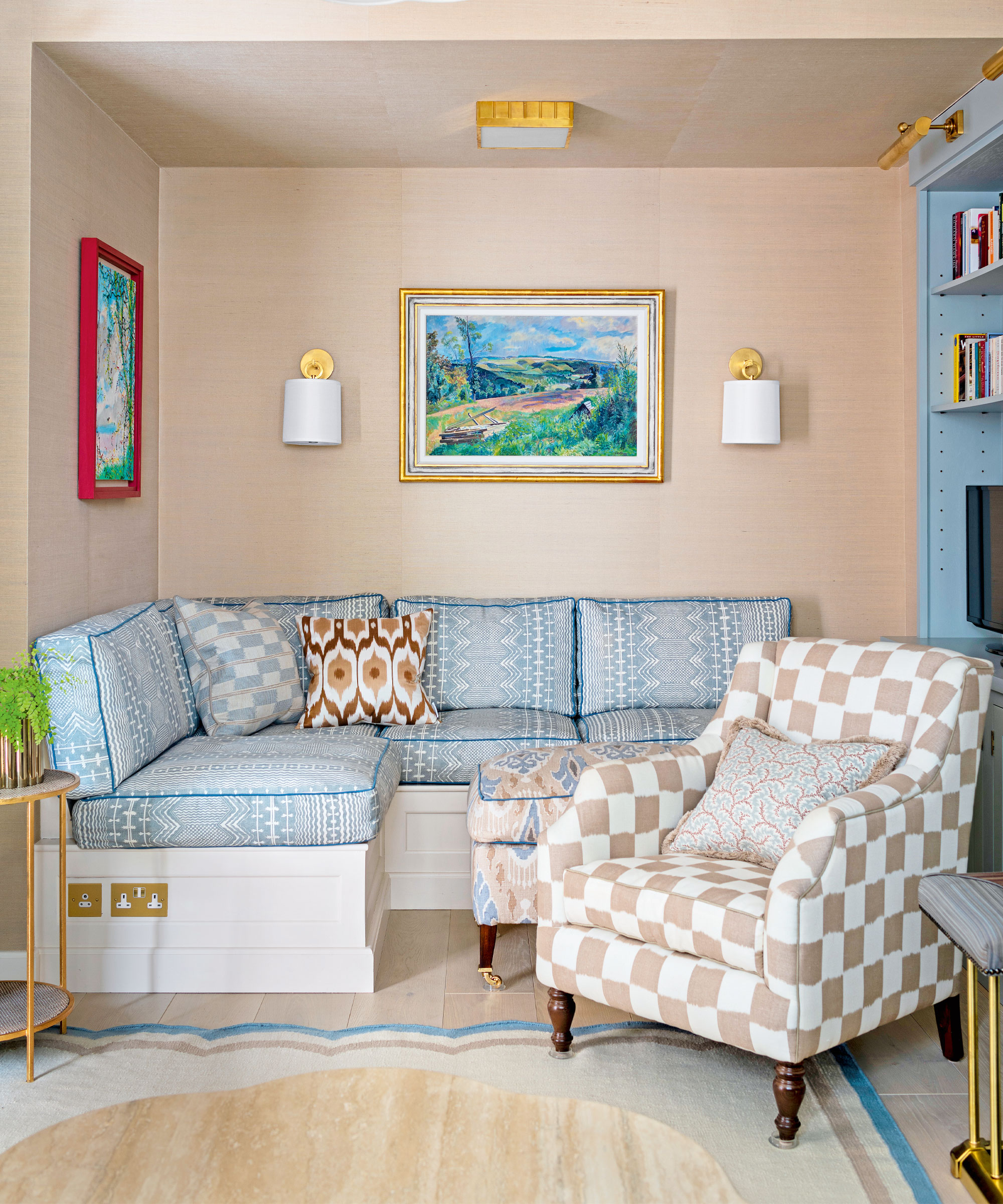
There's of course the obvious downside to following interior design trends which is you end up with a home that quickly feels dated and you need to continue to switch out your interior design style. The key to avoiding this is to go for a transitional style (ironically this is a huge trend for 2024). Bring together different styles, eras, and trends to create a home that never dates because you don't lean into just one look that has the potential to fall out of style.
'Chasing the latest interior design trends can be tempting, but it's often a misguided approach. Trends come and go, but classic design elements stand the test of time,' explains designer Jennifer Davis. 'Most modern trends actually draw from timeless styles like mid-century modern, Scandinavian minimalism, and European influences.'
'Your home should reflect your personality and your family's story, not just what's popular at the moment. Prioritizing what resonates with you ensures that your space feels authentic and meaningful. This not only enhances your enjoyment of your home but also keeps it from quickly feeling dated.'
'Constantly updating to keep up with trends is costly and unsustainable. Instead, we should be investing in heritage pieces that are well-crafted and timeless, rather than disposable items. This approach is more eco-friendly and creates a timeless, beautiful home,' adds Jennifer.
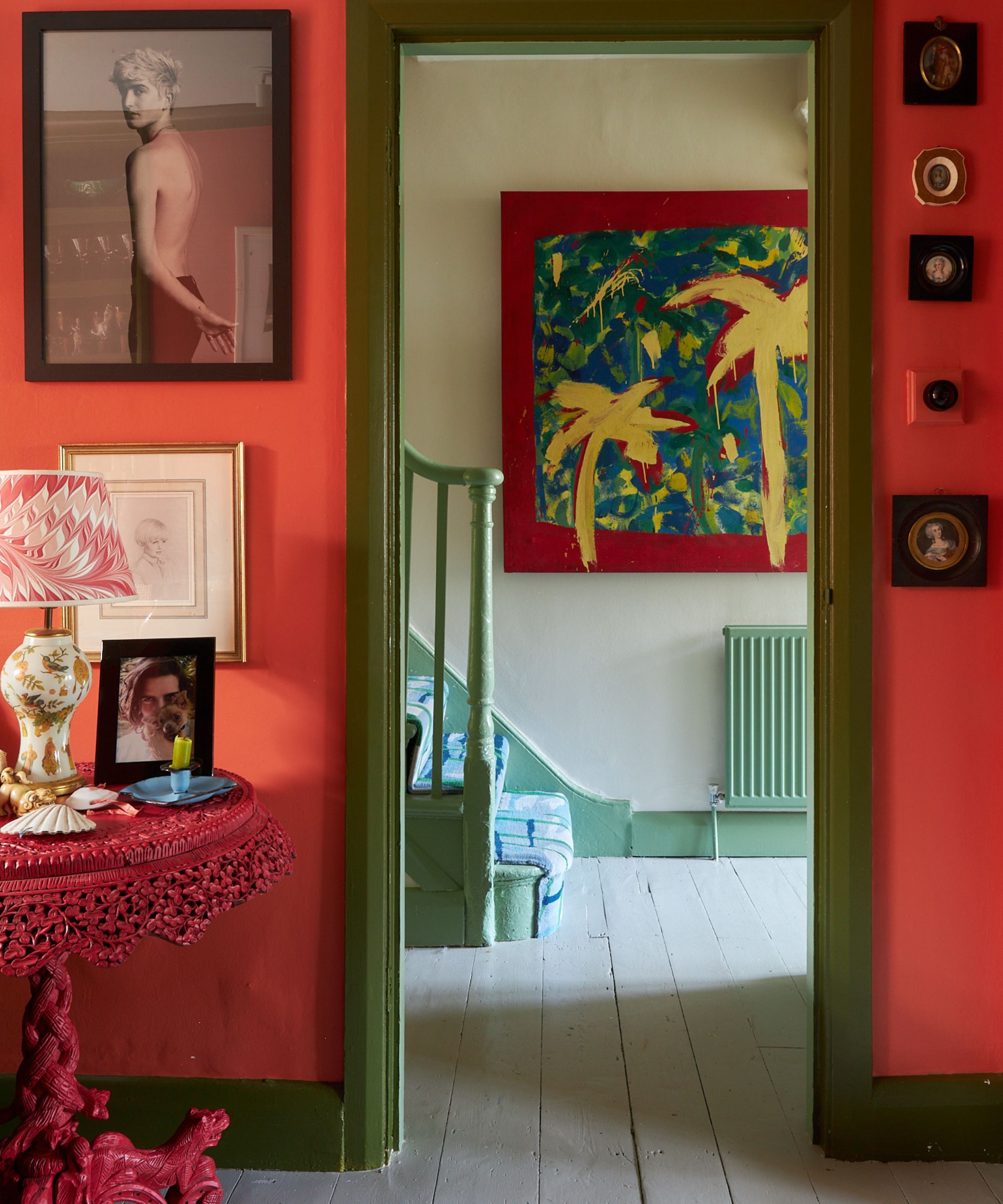
So how should we be following trends in 2024? The first rule we have already learned and that's to only follow trends you love and will fit with the aesthetic you already have going on in your home. Don't overhaul a whole room just to fit with whatever is on trend that month.
But of course some trends you know aren't going to last, but you love anyways. Like me and my love of wavy pieces right now, I do realize this look probably won't last into 2025 but I wanted to add just a few smaller pieces into my home – a lamp shade, a mirror, throw cushions, things that can easily be switched out.
This is what designer Bethany Adams suggests too, 'If following a trend makes your heart happy, then I say go for it, but stick to small, inexpensive doses to avoid having a home that screams "summer 2024!" in two years' time. A throw pillow here or a decorative vase there won't break the bank and if your personal style isn't fully developed yet, are perfectly fine ways to experiment with determining what exactly that is.'
'Steer clear, however, of sinking major moola into trendy pieces or architectural changes to your home, unless you've consulted with a professional and thought long and hard about how you'll feel about these investments once the masses have moved on to a new obsession. Today's trend is frequently tomorrow's tacky,' she adds.
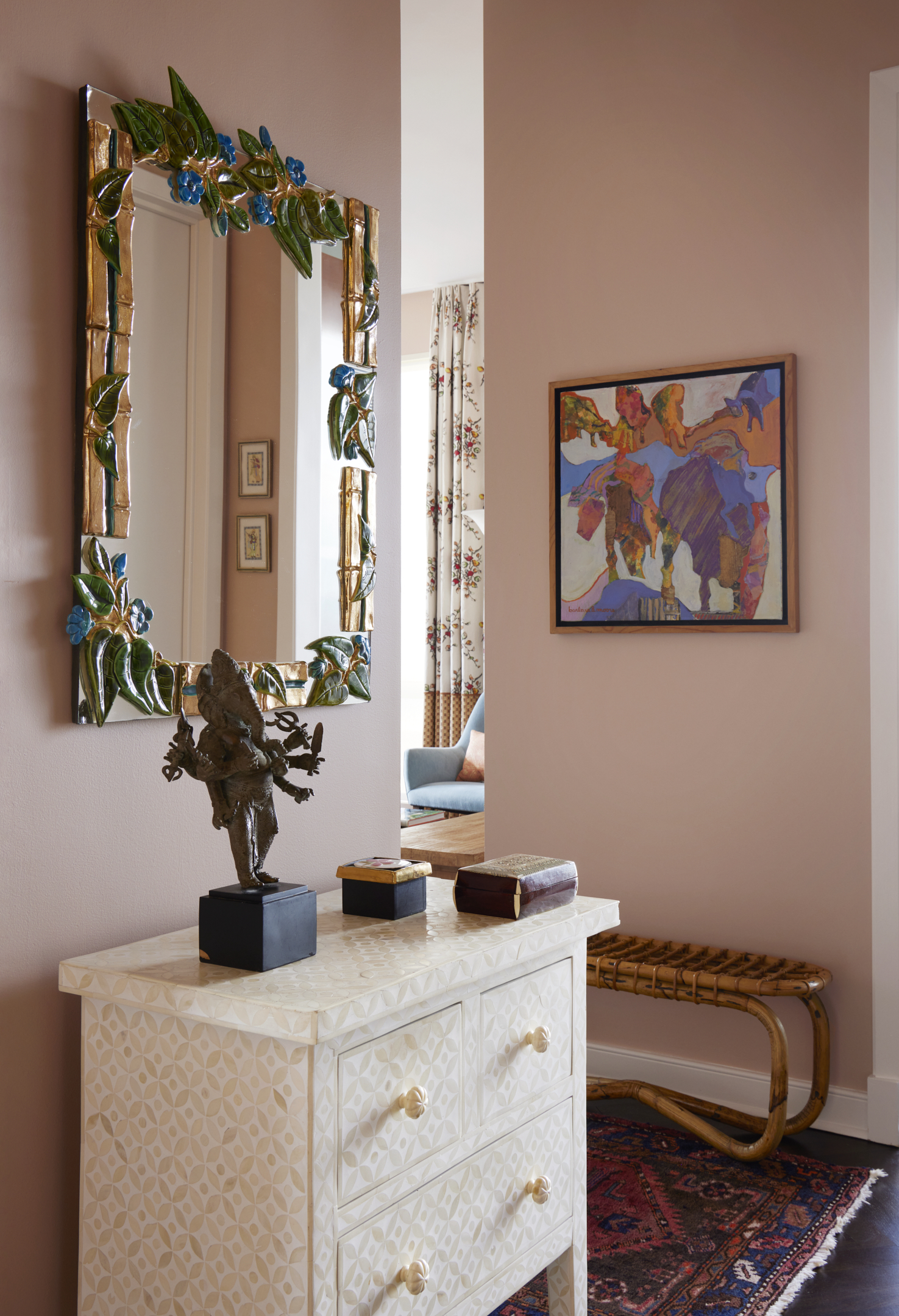
The best advice when it comes to following interior design trends is just not to rush into anything, especially if you are considering big or expensive changes to your home.
Jennifer Walter offers, 'There is always uncertainty in decorating your home according to the trends. If you have trepidation, wait. If a trend is lasting even a few years, it will likely trickle down to more approachable price point big-box stores. Trendy pieces become easier to try when you’re not spending thousands of dollars on them. If you’re still on the fence, keep it to smaller items like pillows, candlesticks, and accessories. Maybe resist the urge to tile floors or paint your kitchen cabinetry if you’re feeling like you might regret it. However, if you’re using an interior designer, trust their instincts and their ability to understand your own comfort zone.'
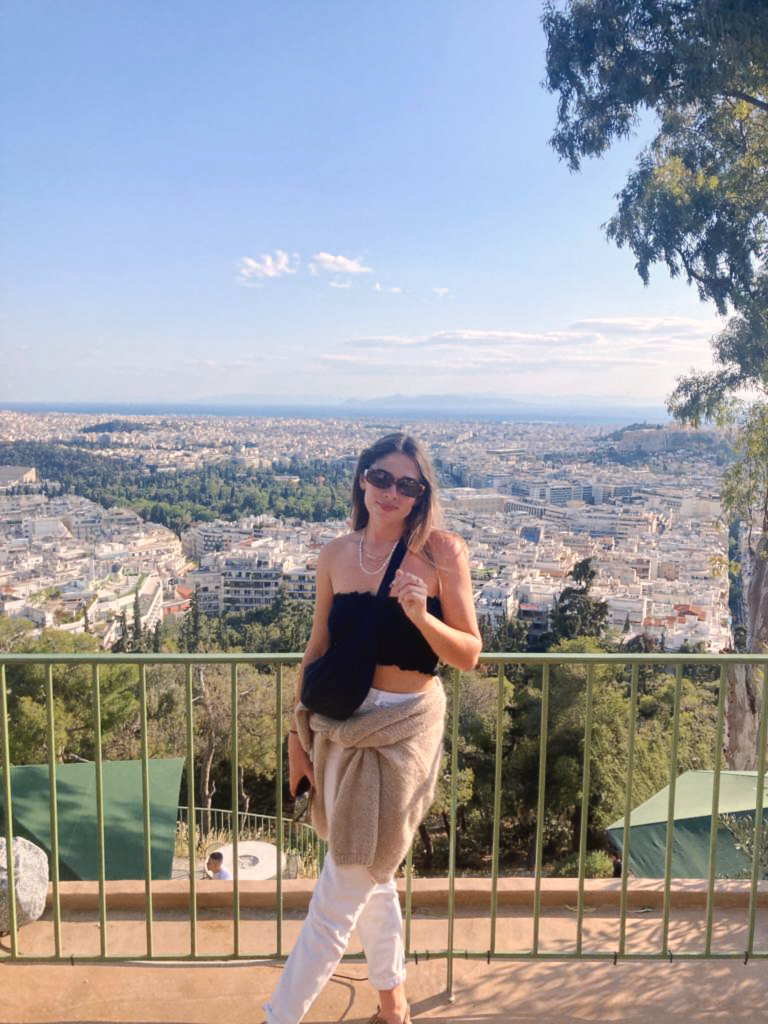
I am the Head of Interiors at Homes & Gardens. I started off in the world of journalism in fashion and luxury travel and then landed my first interiors role at Real Homes and have been in the world of interior design ever since. Prior to my role at H&G I was the digital editor at Livingetc, from which I took a sabbatical to travel in my self-converted van (not as glamorous as decorating a home, but very satisfying). A year later, and with lots of technical DIY lessons learned I am back to writing and editing, sometimes even from the comfort of my home on wheels.